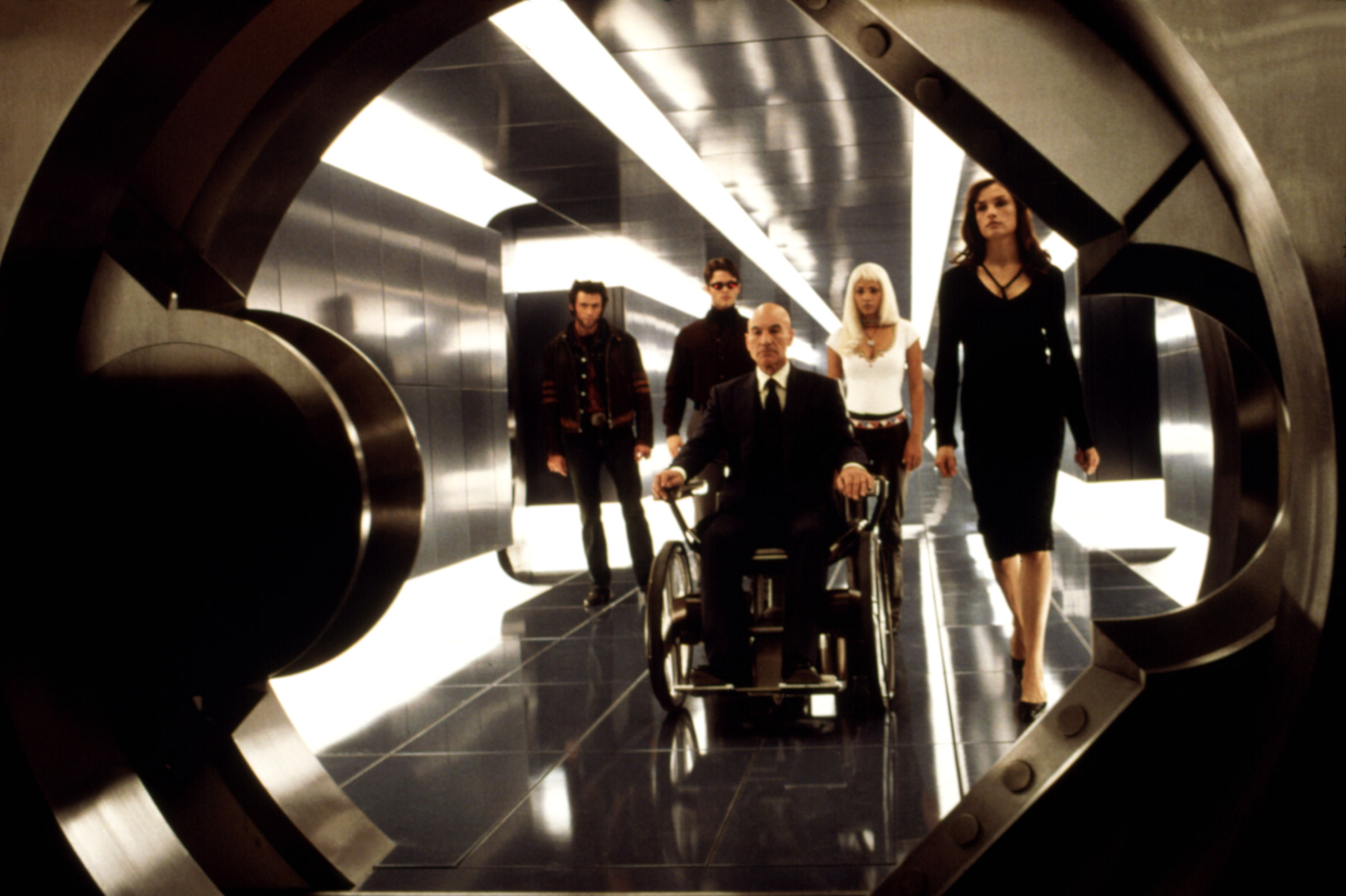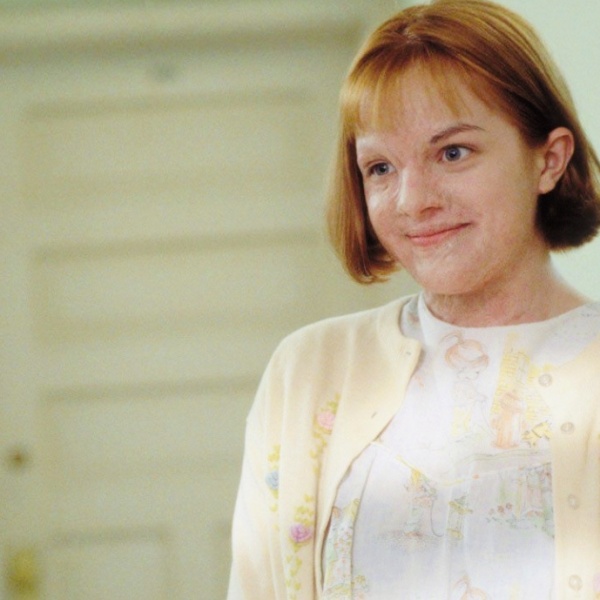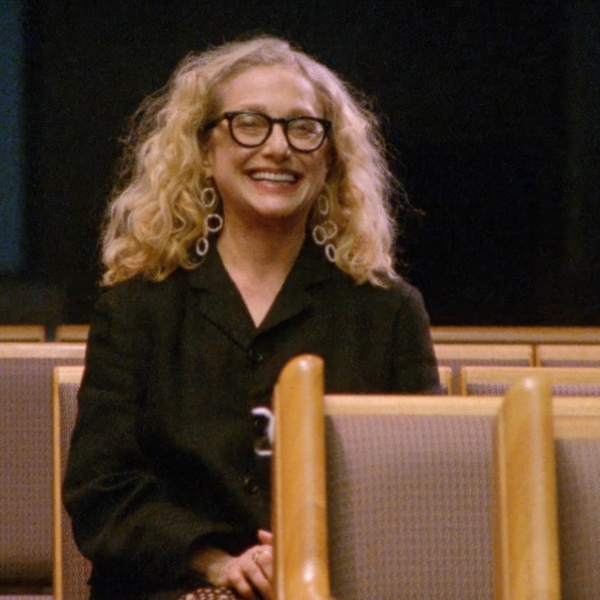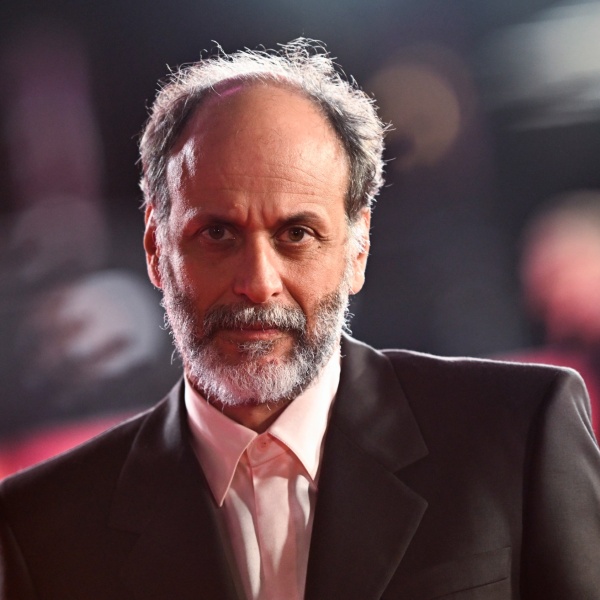Editor’s note: this list was originally published in May 2016. It has since been updated to coincide with the release of “Deadpool & Wolverine.”
In a world before the MCU and the DC Extended Universe (and whatever James Gunn replaces the DCEU with), 20th Century Fox created arguably the first real superhero film universe with everyone’s favorite merry band of mutants, the “X-Men.” Sure, there were superhero series featuring icons like Batman and Superman, but those movies tended to be self-contained. The 2000 “X-Men” films that Bryan Singer directed were the first cape-and-cowl films to eventually spiral into prequels (“First Class”), spinoffs (“Deadpool”), and alternate reality time travel shenanigans (“Days of Future Past”). The franchise wasn’t quite successful at managing this balancing act, and the timeline quickly devolved into utter mush. Luckily, you usually only need to watch a single film to understand it — and there are plenty of them worth experiencing.
Fans of the “X-Men” often quibbled with many of the decisions made in the film franchise: the all-black outfits that were so early 2000s post-“The Matrix” it hurt, the liberal changes to canon, and the excessive focus on Wolverine at the expense of the other iconic characters in the franchise — even if Wolverine was so memorably played by a perfectly-cast Hugh Jackman. Yet, at their best, the Fox “X-Men” films tapped into the core appeal of the franchise, from the soap opera theatrics of their interpersonal dynamics to the mutant metaphor that makes the characters rare underdogs in the world of superheroes.
With Fox now fully absorbed by Disney, the “X-Men” are set to receive a full-fledged reboot by the MCU, consigning the familiar versions of the characters that originated from the year 2000 to the history books. Their last hurrah is via the spoof “Deadpool and Wolverine,” which brings back Jackman as the superhero that made him famous for one last hurrah. With the movie out and currently setting records at the box office, IndieWire decided to refresh our look at the “X-Men” franchise to determine which one best holds up in the modern superhero era. Read on for all 14 “X-Men” movies, ranked from worst to best.
With editorial contributions from David Ehrlich, Kate Erbland, and Eric Kohn.
14. “X-Men Origins: Wolverine” (2009)

The first spinoff of the “X-Men” franchise (and somehow not the last), “Origins” is best remembered for being the first major Hollywood movie that was leaked well in advance of its release date — shame on anyone who illegally downloaded this thing, but the real crime was releasing it into theaters and asking unsuspecting audiences to pay for the experience. Wasting all of its creative energy on the phenomenal opening title sequence that zips through all of the famous battles that the seemingly immortal Wolverine (née, James Howlett) and Victor Creed (Liev Schreiber) were able to survive, the rest of the film is devoid of the personality and purpose that made “X-Men” and “X2” so exciting. Densely packed with some of the worst villains in recent movie history (one of whom is played by will.i.am, one of the worst villains in recent music history) and highlighted by that famously terrible shot of Hugh Jackman flinging himself at a helicopter, “Origins” adds nothing at all constructive to the Wolverine mythos. —DE
13. “X-Men Apocalypse” (2016)

A colossal misfire in so many ways, “Apocalypse” single-handedly killed the momentum that “First Class” and “Days of Future Past” generated for the prequel series of films — a recurring issue for this franchise, if you look at the film immediately following it on this list. Awkwardly introducing younger versions of the first film’s cast in an ’80s setting, “Apocalypse” is a total mess of a production, starting and abandoning plotlines with the start-and-stop pacing of a movie cut up and chopped within an inch of its life. The once charming prequel cast have lost their appeal, and the overly long runtime makes it a slog to sit through. The film’s worst crime? Burying Oscar Isaac in prosthetics and makeup to play dour baddie Apocalypse, giving the talented actor less than nothing to work with. —WC
12. “X-Men: The Last Stand” (2006)

Let’s start with that misleading title. “The Last Stand” was far from the final showdown between a whole bunch of mutants so much as it was a simplification of their appeal. From the ridiculous decision to kill off Professor X to director Brett Ratner’s willingness to indulge in distracting meta-references that showed a blatant disregard for the material (“I’m the Juggernaut, bitch!”), this third entry in a trilogy that was off to a powerful start with Bryan Singer quickly lost all of its appeal and became something closer to fan fiction. Terrible, on-the-nose fan fiction. Every movie since then has been cleaning up the mess. —EK
11. “Deadpool & Wolverine” (2024)

The best part of “Deadpool and Wolverine” is the end credits, which isn’t completely a snarky joke. It’s when the film unveils a behind-the-scenes footage celebration of 20th Century Fox’s Marvel output, from “X-Men” to less beloved properties (“Elektra” and “Fantastic Four,” anyone?) The montage is corny and ridiculous, but it’s also a fitting tribute to the films that are destined to be dismissed by too many people going forward, which is the closest thing the movie itself has to a point. The rest of “Deadpool and Wolverine” though? Yikes. Starring Ryan Reynolds at his most annoying as the red mercenary Deadpool and Hugh Jackman as a sad sack version of Wolverine that the audience has no investment in beyond the fact that he wears the iconic yellow suit, “Deadpool & Wolverine” attempts to go for a meta storyline about the two fighting to save the Fox universe from the encroaching threat of the MCU. It’s an amusing premise that nonetheless relies way too much on your knowledge of a corporate merger to work, and the tired jokes and messy plot don’t help. Shallow, ugly, and overburdened by your knowledge of the discourse surrounding it, “Deadpool & Wolverine” doesn’t entirely integrate with the MCU but nonetheless resembles a film from that franchise: that’s not exactly a compliment. —WC
10. “Dark Phoenix” (2019)

A movie that has no reason to exist, “Dark Phoenix” was pushed out into theaters with all the enthusiasm and passion from the people behind it as a required 200-word response in a college class’ online discussion thread. Delayed thanks to reshoots and poor test screenings, the forgotten 2019 box office failure tries to give cinematic redemption to the “Dark Phoenix Saga,” possibly the most iconic and beloved X-Men storyline of all time, after “The Last Stand” infamously mangled it. Unfortunately, this film is the directorial debut of Simon Kinberg, the guy who co-wrote “The Last Stand,” and he doesn’t do much better the second time around. Despite Sophie Turner’s best efforts, Jean Grey’s descent into paranoia as she gets possessed by the Phoenix Force is incoherent at best, and Jessica Chastain’s central villain is a flavorless bore. The main problem of the film, though, is how clearly nobody in the cast wants to be there. If you think great actors like James McAvoy and Jennifer Lawrence are incapable of bad performances, pop on “Dark Phoenix” to see what happens when an actor’s prevailing emotion about their role is sheer apathy. —WC
9. “The New Mutants” (2020)

The New Mutants — a spinoff team of teenage students of the Xavier School for Gifted Youngsters — are the focus of some of the best “X-Men” stories ever; their original run, a combination of coming-of-age pathos and weird horror atmosphere is an all-timer, and several of the members (in particular, Magik and Mirage) remain some of the most popular characters among fans. How unfortunate then that their first exposure among the general public was in a movie that already became infamous before its theatrical release for constant delays, and shoved out into theaters during peak COVID as an also-ran relic of the past. It’s a shame because the movie really isn’t as bad as all of that baggage might suggest, even if it isn’t good: It’s clearly cobbled together thanks to studio interference, its mix of scares and superhero operatics fails thanks to its PG-13 rating, and the whole thing gives the vibe of a TV movie intended to kick start an ongoing show. Still, it offers something mildly different and original compared to most superhero films, and has a game cast that works well with what they’ve got; standout Anya Taylor-Joy, in particular, is such perfect casting for Magik that it’s a shame she’s almost certainly never playing this character again. —WC
8. “Deadpool 2” (2018)

The second “Deadpool” film begins on a sour note, consigning Morena Baccarin’s Vanessa to the role of “quickly killed off female love interest” in the most boring and frustrating way possible. It lingers over the movie like a foul stench, and it doesn’t help that the jokes and the filmmaking have both seen a noticeable downturn between the installments. Still, “Deadpool 2” likely has the most interesting plot of the franchise, seeing Wade form the X-Force to protect a young mutant from the time-traveling Cable in an era-hopping plot with some genuine twists and turns. It also helps that Zazie Beetz — as the cavalier Domino — and Josh Brolin — as the gruff Cable — are both solid additions that add plenty of humor and fresh blood to the proceedings. Overall though, “Deadpool 2” is a quintessential sequel: fine but stale compared to what came before. —WC
7. “The Wolverine” (2013)

You can almost hear the pitch now: “But what if we just ignored that other Wolverine film and gave this standalone thing another scratch?” Although the so-called Weapon X got his own spinoff/prequel (spin-quel?) in the form of Gavin Hood’s “X-Men Origins: Wolverine,” the film didn’t really hit with audiences, and even Jackman himself has confessed to not being too pleased with the final product. James Mangold’s 2013 followup didn’t try to reinvent the wheel — or pile yet another origin story on its audience — but it did move the action to a brand new location (yes, the X-Mansion is great, but damn if this franchise didn’t need a break from setting so much of its action inside its hallowed walls) and it introduced a series of brand new characters, allowing ol’ Logan to look and feel fresh in the face of one of his life’s most upsetting instances. If you’re going to make a standalone feature, “The Wolverine” illustrates the best way to do just that. Entertaining on its own, exciting when considered as part of a whole, a compelling look at a character we already know so well. Plus, bone claws! —KE
6. “Deadpool” (2016)

The first “Deadpool” film from director Tim Miller is easily the best of the trilogy. Part of it might be that the shtick is a bit fresher the first time around — Reynolds is looser and funnier than his more strained, muggy performances in the sequels, while the jokes feel more inventive and irreverant when they’re new. The primary reason though is that the first “Deadpool” offers what the other movies don’t — a real story with stakes that matter. Wade Wilson’s romance with Morena Baccarin’s Vanessa might not be a love for the ages, but it’s sweet and sincere and cuts through all the sarcasm to give the flimsy plot involving his revenge against the mutant who scarred him and ruined his life some real dramatic weight. —WC
5. “X-Men: Days of Future Past” (2014)

Perhaps it was inevitable that a trilogy that so happily romps through the past would end up with a major time travel subplot. Bolstered by an original series cast still game to pop up in films and a well-received comic book storyline that provided a narrative guide, “Days of Future Past” was a worthy (if not entirely better) followup to “First Class.” Able to balance both the could-be-goofy inclusion of both younger and older versions of the same characters with a storyline that has genuine repercussions for both the past and future, the film smartly moves plot and action forward and manages to be entertaining as hell in the promise. Fold in the introduction of a truly nefarious baddie (Peter Dinklage as Dr. Bolivar Trask) and an all-timer of a newbie in the form of Evan Peters’ Quicksilver, and the recipe is a winner. Although the film builds up to the final entry in this particular franchise (pay attention to just about everything Jennifer Lawrence’s Mystique does if you want to stay on track for “Apocalypse”) and builds important bridges between it and “First Class,” it still stands on its own, one of the very best of the franchise as a whole. —KE
4. “X-Men” (2000)

More than 16 years after Marvel Comics’ Gerry Conway and Roy Thomas first tapped out a draft for an “X-Men” screenplay (and four years after Bryan Singer signed on to direct it), the world’s most famous mutants finally made their way to the big screen. Small and simple compared to the rash of spandex soap operas that were made possible by its success, “X-Men” laid a killer foundation that payed off for years. By current standards, this film doesn’t resemble a superhero movie so much as it does a character-driven drama with some dorky costumes, a naked woman in blue body paint, and a few punctuations of highly evolved action. But this initial scrape between Magneto’s henchmen and Professor Xavier’s gifted youngsters somehow managed to be fun, set the tone for an entire genre, and use the witch hunt at the center of its plot to anticipate the jingoism that exploded across the United States in the aftermath of 9/11. —DE
3. “X-Men: First Class” (2011)

Matthew Vaughn’s entry in the mutant universe is a whole lot better than its “X-Men Jr.” premise might suggest. Setting the action against the backdrop of the Cuban Missile Crisis provides an excuse to rejuvenate the franchise with a sixties-era espionage vibe, while the young faces cast in familiar roles — most significantly James McAvoy and Michael Fassbender as Professor Xavier and Magneto, respectively — effectively deepen the identities of both existing characters, setting the stage for the even more ambitious (if slightly noisier) merging of timelines in “Days of Future Past.” As with the third entry in George Lucas’ “Star Wars” prequels, “First Class” examines the birth of a good-and-evil schism by deepening its roots; unlike those prequels, it doesn’t waste a lot of time on expositional build-up or cheesy melodrama. In the pantheon of movies that must build up to a climactic battle featuring every single member of the ensemble, “First Class” ranks well by keeping the stakes up even though we know where they’re heading. —EK
2. “Logan” (2017)

At its worst, “Logan” can be a bit self-serious and overly grimdark. But James Mangold’s 2017 take on Wolverine succeeds because it offers the rarest of things in superhero cinema: a satisfying ending. Set in an alternate future where mutants are at their lowest, it eschews most of the X-Men for a story focusing on an older, gruffer, sadder Wolverine who has long abandoned the X-Men, but gets one last chance to be a hero when he encounters a young clone of himself (played by a very young and memorably feral Dafne Keen). It’s a superhero fashioned, loosely, after the modern western, and although the more comic book-style storytelling clashes with the down-and-dirty atmosphere, it’s fitting for the lone wolf that is Wolverine. And Jackman, as this world-weary version of the character, turns in a sad, sweet performance that reminds the audience what made his Wolverine so iconic. —WC
1. “X2: X-Men United” (2003)

From the very first scene, in which Nightcrawler (an ingeniously cast Alan Cumming) poofs into the Oval Office, 2003’s “X2: X-Men United” made it clear that the training wheels had come off. Working with a considerably larger budget than he was afforded the first time around, Bryan Singer returned to the world of mutants with the confidence of someone who knew his way around the joint, and he used this thrillingly well-measured sequel to let the beef between Magneto and Professor Xavier evolve into an all-out war. But while the film contains several of the most fluidly directed action sequences in the history of the genre (the assault on Xavier’s school still stands with the best of them), “X2” remains the franchise’s high watermark because of how it got all the quiet character moments just right. In a series that’s broadly canvassed with resonant metaphors, nothing in these movies cuts with the heartache of Rogue’s literally touch-and-go relationship with Bobby Drake. The film even made time to tease the franchise’s famous “Phoenix Saga,” and — best of all — introduced the most powerful of all the mutants: the kid who can change television channels just by blinking. —DE





